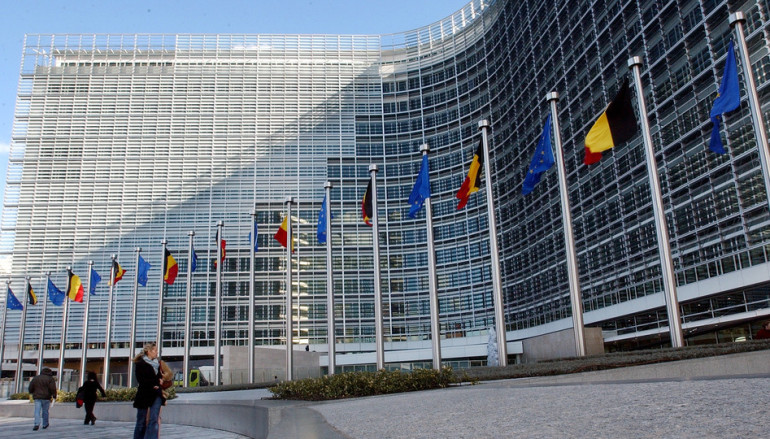Recently, the first major corruption case was discovered related to the Recovery Fund, the nearly €800 billion instrument launched by the European Union to revitalize the economy after the Covid-19 pandemic.
The investigation conducted by the Italian authorities revealed a fraud worth approximately 600 million euros, for which arrests were made in Italy, Austria, Romania and Slovakia. This news did not come as a surprise to Brussels: when the European Commission designed the recovery fund, which aims to channel as much money as possible in the shortest possible time, with a deadline of 2026, it realized that its implementation would be very complex and complex. The Spanish newspaper El Confidencial indicates that, sooner or later, there will be cases of corruption.
From the beginning, some community sources expressed the need for national authorities in the member states that benefited most from the Fund, especially Spain and Italy, to strengthen controls to avoid a history of delegitimization of this new instrument.
the reason? Behind the opposition to the idea of this fund on the part of some fiscally conservative countries, such as Denmark or the Netherlands, there is a moral issue that many politicians in these member states supposedly believe that the countries of the South are not sufficiently responsible for your money.
Shortly after the Italian case, the newspaper “Politico” indicated that the Greek authorities were studying a possible fraud case related to 2.5 billion euros from the recovery fund.
Therefore, the question that some are asking is: Is the European Union prepared to deal with the significant increase in corruption cases?
The European Union has the European Anti-Fraud Office (OLAF), which was created in 1999, specifically after the European Commission led by Jacques Santer was forced to resign amid accusations of misuse of funds. In 2017, given the risk that some cases of cross-border fraud would remain unpunished, the European Public Prosecutor’s Office (EPPO) was created, headquartered in Luxembourg, in which several EU member states participate and which is behind the investigations in Italy and Greece. .
The majority of cases occur due to submission of false documents and affect all areas covered by the funds.
Although the majority of cases investigated by the European Prosecutor’s Office relate to VAT fraud, the institution, headed by Romanian Laura Kovesi, also investigates fraud cases against European funds, with special attention to the Recovery Fund, also known as NextGenEU.
At the end of 2023, the European Prosecutor’s Office had some 206 ongoing investigations, with an estimated value of more than €1.8 billion. It indicated in its activity report last year that these cases represent only 15% of the investigations it opened in 2023, but they correspond to approximately 25% of the funds affected by its investigations. “This indicates that the Recovery Fund is a target for fraud,” the report notes.
the reason? “Organized crime groups regard VAT fraud and fraud related to EU funds as a ‘clean zone’: high profits, low risks and no obvious victims to report these crimes,” Kovesi says in the introduction to the report.
“In many cases, the frauds concerned funds that were transferred to beneficiaries as an advance payment to cover expenses for the initial phase of the project. These beneficiaries turned out to be shell companies or fictitious economic actors; if the projects were not implemented, the funds were immediately transferred to bank accounts in Abroad, with its final destination in countries outside the European Union.
The report approved by the European Parliament’s Budget Control Committee last December, relating to the fiscal year 2022, indicates the need to ensure that financial interests related to the recovery fund are “strongly protected,” considering that this is not the case, “due to and in view of failures in the systems.” Information and oversight in Member States, the inherent characteristics of the Recovery Fund’s spending model, present difficulties in assessing the error rate, and limitations of the Commission’s payment suspension methodology.
In Portugal – which received 7,772.41 billion euros – the judicial police are investigating a fraud worth 200 million euros in obtaining European funds, as expenses may have been falsified and thousands of invoices were inflated with values that do not match reality. So far, 93 people and companies have been charged and 43 investigations have been opened.
The European Union is facing a corruption scandal related to the post-Covid recovery fund

“Hardcore alcohol maven. Hipster-friendly analyst. Introvert. Devoted social media advocate.”

